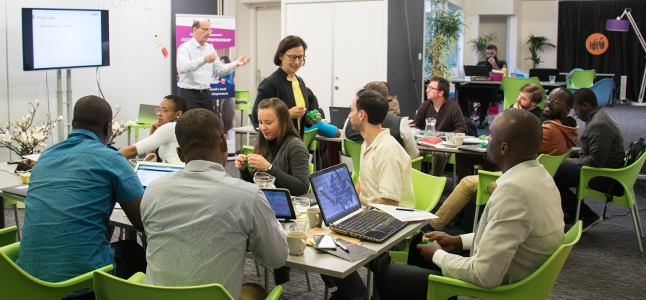Being a justice entrepreneur is not easy. By trying to prevent or resolve the most pressing justice needs, you may be doing the government’s job or trying to assist it. You need to choose your battles: are you trying to have citizens choose your disruptive solution over existing ones? Or are you convincing the government they need to partner with you? And most importantly, is it possible to create deep impact on access to justice, if you don’t work with the existing justice providers?
During the Justice Entrepreneurship School – a week long period of training provided by the Justice Accelerator Team – fifteen young justice leaders from around the world were invited to The Hague to gain new skills and exchange best practices on how to innovate in the justice sector. The participants were carefully selected from the Innovating Justice Challenge 2017 finalists, and their innovative solutions to justice problems ranged from an automated patent license bot in Ukraine, to a SMS legal service for farmers in Uganda, to a tenant legal protection app in New York.
During the School, the questions raised above were the center of most discussions, leading to a meaningful, emotional exchange of experiences and best practices. Interestingly, despite the innovator’s wide diversities, conclusions about how to work with the public sector thematically converged. These discussions accumulated in a list of recommendations for innovators on how to make justice entrepreneurship a success. These recommendations are not only unique to the justice sector, they apply equally for civic entrepreneurs trying to work with government bodies.
We are glad to share the final list of 6 best practices with you here. Make sure to take them with you on your innovation journey!
- Incentivize your key partner in public institutions to work with you: start to build a deep relationship, connect to top level decision makers and communicate with innovators inside the government (‘intrapreneurs’).
- Tell a success story, and use this to convince stakeholders. Share your successes or challenges on public platforms as a lever (e.g. social media).
- Offer value to the stakeholders you’re trying to convince, so it becomes a win-win and they can do their job. It’s not only about criticizing or asking for help, but try also to give something, such as providing free training.
- Connect on an emotional level by sharing a pain. The government is a group of people with emotions and some of them have faced the same justice problems. Know their needs and fears, and solve them with your product.
- Do not take the government by surprise: build the information flow and explain what needs to happen. Start with easy requests and build it from there.
- Have a ‘Plan B’ to work around the government, if really needed. Create the demand for your product or service, and let the government come to you. Maybe you’ll end up being the government!

